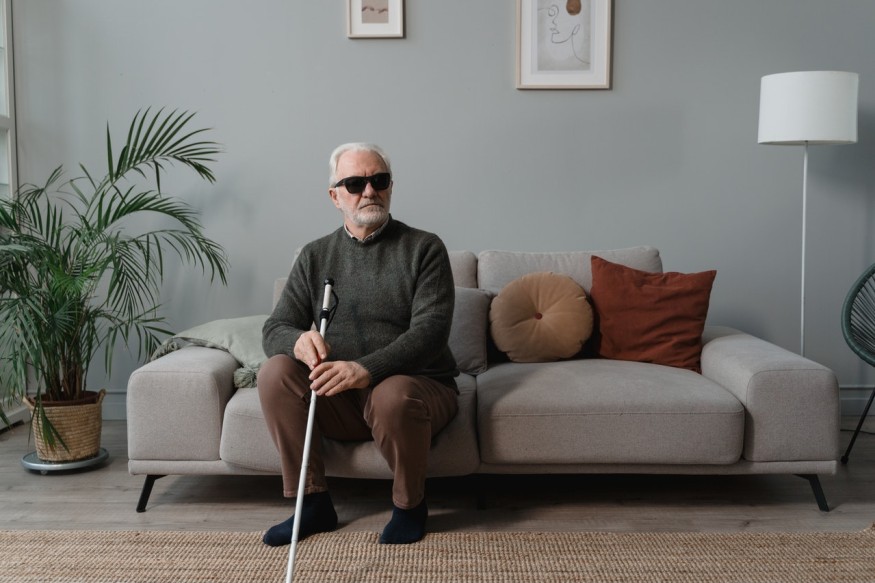A new study allows humans to navigate without sight by learning how to echolocate. The approach requires mastery of recognizing the echoes of a sound produced by the same person through clicking their tongues.
Humans Can Now Echolocate

According to scientists, the echolocation skill could be perfected by humans in just as few as ten weeks of training. Throughout the course, the participants will be taught how to evade obstacles, navigate in an environment, and estimate the sizes of objects around them without using their eyes.
The results of this training theory were initially presented in 2021. The experiments involved data gathered from 12 subjects diagnosed as legally blind and a separate group of 14 who have normal eyesight.
Echolocation is a type of ability that lets many species navigate and travel in their natural habitat and sometimes across unfavorable environments. Popular animals that can echolocate are whales and bats.
In the study, it was found that humans who are blind could also learn how to use echolocation to walk and analyze the features surrounding them. Many approaches might help them 'see' their immediate spaces, such as by clicking their tongues, tapping their canes, or snapping their fingers.
The possibility of people with sight-related conditions walking on their own using echolocation has already been presented in recent years, but this paper is the first to demonstrate how the actual method works and how they can learn it in just a short amount of time.
Blind and Sighted People Could Be Trained to Perfect Their Echolocation
Durham University's psychology specialist and co-author of the study, Lore Thaler, explained that the blind participants gave outstanding feedback from the experiments.
The training ran for about 20 sessions, each having approximately two to three hours. As the experiment was being conducted, the authors found a massive improvement in both the blind and sighted groups.
Each of the participants was trained across various obstacles and mazes. The final navigation tests involved an environment they did not train in before. Despite going through an unfamiliar maze, the two groups performed better and had lower collisions. Science Alert reported that their rates significantly improved from the records during the start of the program, regardless of their age.
Moreover, their approach was far more effective than the seven echolocator experts that had been using the skill for many years. In terms of evading the obstacles and orientation of the surfaces, the trainees performed at par with the experts.
Moving through echolocation was already suggested as a possible solution for many people with sight disabilities, but this training was the first to curate the proper schedule and training for people to apply the theory in the real world.
The study was published in the journal PLOS ONE, titled "Human click-based echolocation: Effects of blindness and age, and real-life implications in a 10-week training program."
RELATED ARTICLE : Mice Study Reveals How Chemicals We Get From Physical Exercise Could Defeat Intense Hunger, Obesity
Check out more news and information on Medicine & Health in Science Times.










